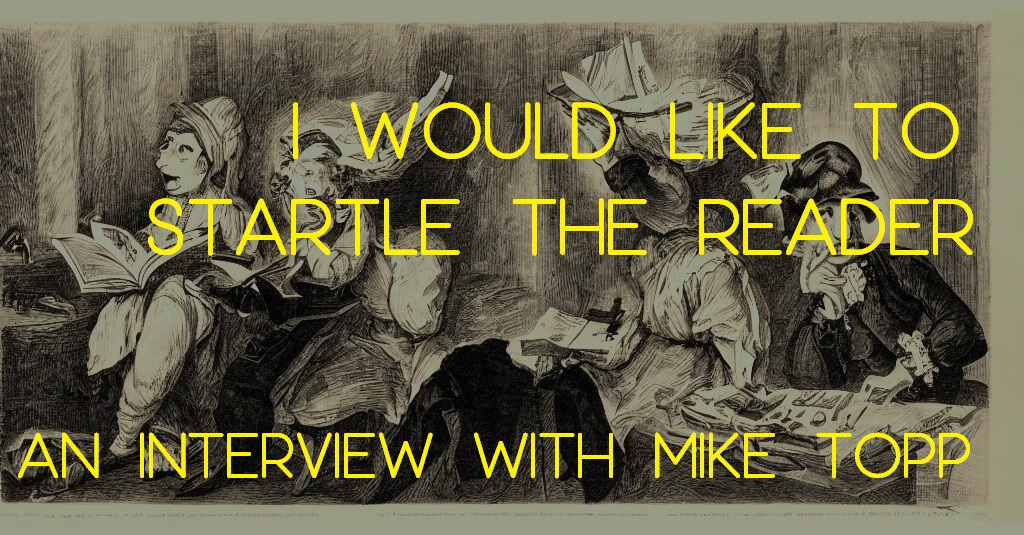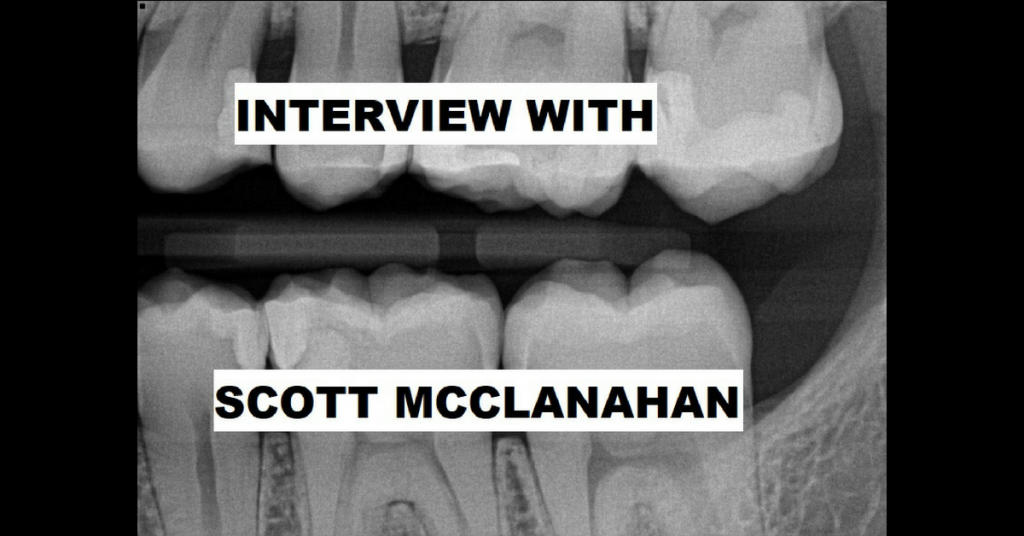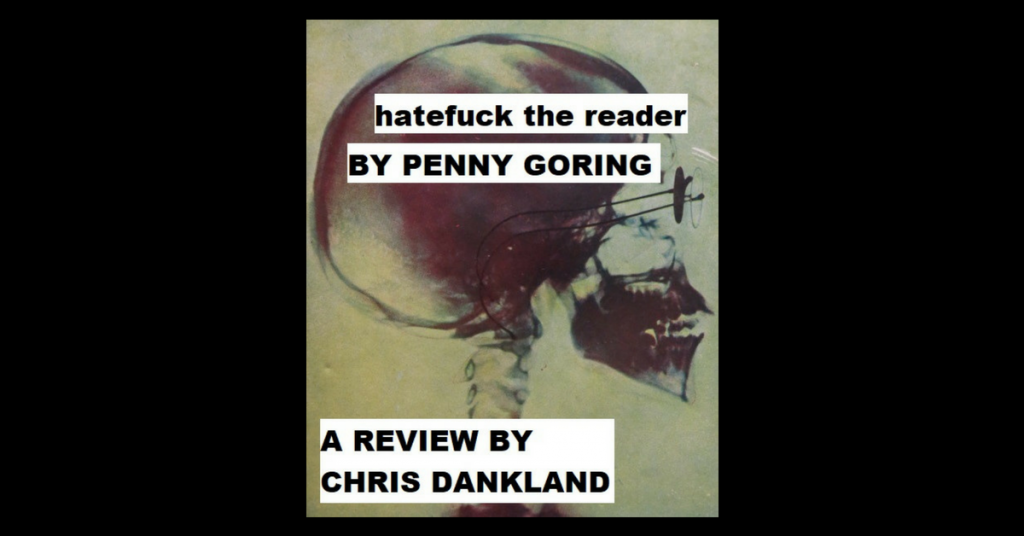
ALL OUR TOMORROWS: AN INTERVIEW WITH AMY DEBELLIS by Chris Dankland
Over the last year or so, Amy DeBellis has been one of my favorite newer short story writers. Now she has a new novel, ‘All Our Tomorrows,’ published by CLASH Books, which is one of my favorite books of the year. Her writing is so skillful: the language, the plots, the pacing, the characters. But I also love her writing because I find many of her stories to be dark and bleak. To me, her stories feel steeped in depression, menace, and a kind of claustrophobic doom. I want to present the reader some examples of stories we’ve published by…



